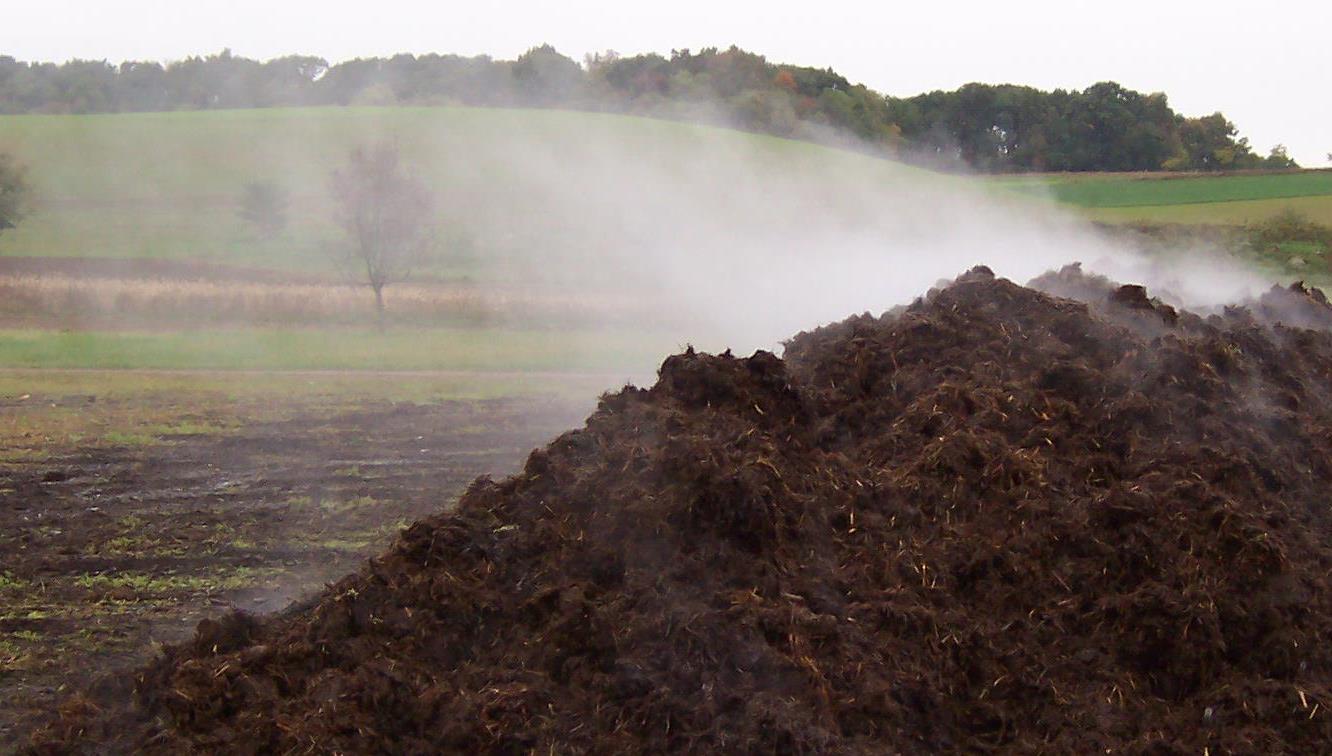Have you ever wondered what happens to your food and yard waste after your local waste management company takes it away? Well, chances are it ends up in an industrial composting facility. These large, commercial operations help divert waste from landfills and turn organic matter into nutrient-rich compost. So, what exactly is industrial composting, and how does the process work? Here, we explore industrial composting systems so you can learn more about what happens to your waste.
What Is Industrial Composting?
Industrial composting is the large-scale processing of organic waste into compost. This helps to prevent biodegradable organic materials from ending up in landfills and allows commercial composting companies to create valuable products from garden waste and food scraps that would otherwise be thrown away.
It’s based on the same idea as your home compost pile. Essentially, the industrial composting process accelerates the decomposition of organic matter using a variety of techniques. At the end of the process, the compostable materials will have been transformed into nutrient-rich soil that can be used to help grow more fruit and veg.
One of the main benefits of industrial composting is that it helps to divert organic waste, like yard trimmings and left-over food, away from landfills. This is important as untreated green waste will rot down and produce methane gas. Methane is a harmful greenhouse gas that contributes to climate change.

What Is Compostable?
Industrial composting facilities can process everything you can at home, as well as a variety of other biodegradable products. For example, industrial composting processes can handle a wide variety of food waste including bones and grease. Compostable plastics can also be broken down and turned into soil using industrial methods.
Examples of waste that can be processed in a commercial composting facility include:
- Meat
- Avocado and mango pits
- Raw mussel shells
- Fish bones
- Chicken bones
- Dairy products
- Baked goods
- Cardboard covered in food residues
- Bio-solids
- Animal manure
- All food scraps
- Bioplastic
How Does Industrial Composting Work?
Industrial composting works by creating the optimal conditions for the breakdown of compostable materials. This involves ensuring the temperature, humidity and airflow are just right and, in some methods, turning the compost regularly to aid micro-organisms and accelerate the process.
In many cases, industrial composting companies collect waste from their clients, just like your local curbside recycling scheme. These businesses might process grass clippings from landscaping companies or food waste from restaurants. Some composting facilities also allow customers to drop off waste directly.
The waste is then processed and the finished compost sold to farmers, gardeners and other end users.
Difference Between Industrial Composting and Home Composting?
One of the main differences between industrial and home composting is time. An industrial composting service will create the ideal conditions for the breakdown of organic matter into a saleable product. This accelerates the process and makes their operations more profitable.
Another key difference is in the variety of waste that can be composted. Industrial composters can handle a much wider range of organic matter, including things like bioplastics and bones, that can’t be processed in domestic outdoor or indoor compost bins.
Industrial composting is an important part of local and national sustainability policies. The more municipal solid waste that’s composted, the less that will end up in landfills, something that’s great news for the environment as well as for businesses interested in achieving zero waste and reducing their carbon footprint. What’s more, as well as keeping waste out of landfills, industrial composting creates a valuable product that can be used to help grow fruit and veg and improve the quality of gardens everywhere.
Facebook
LinkedIn
Pinterest
X
